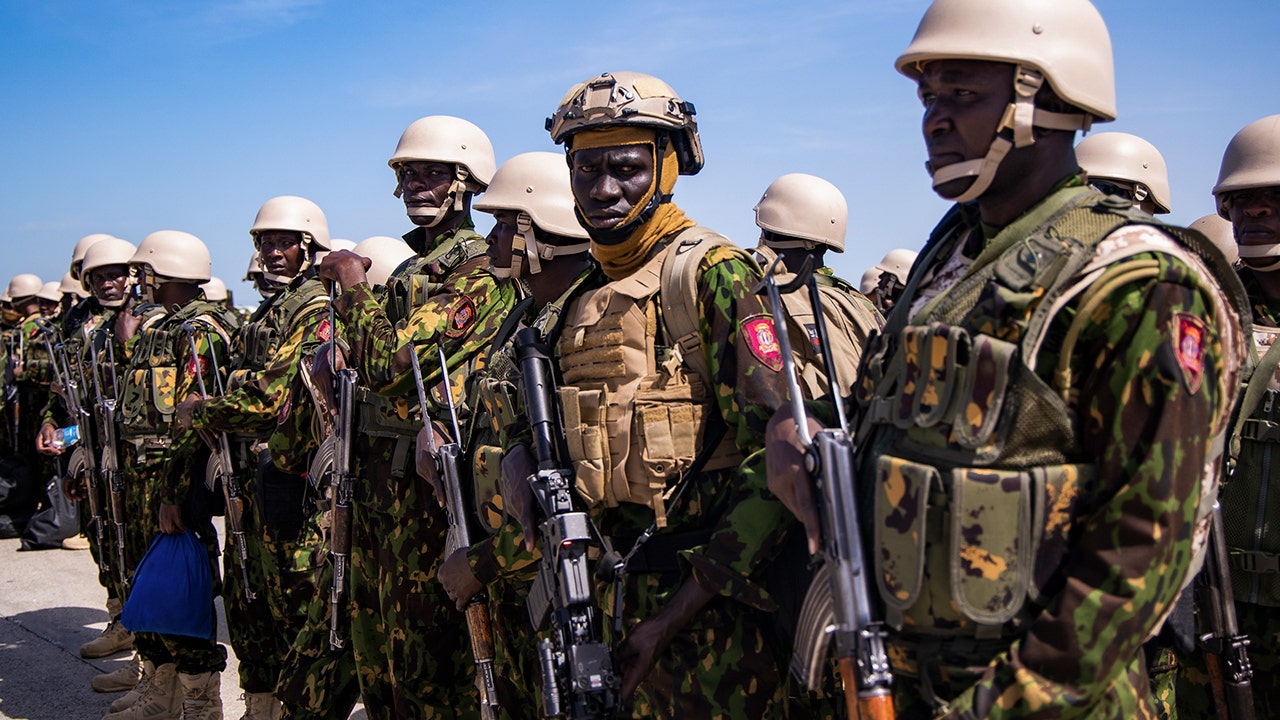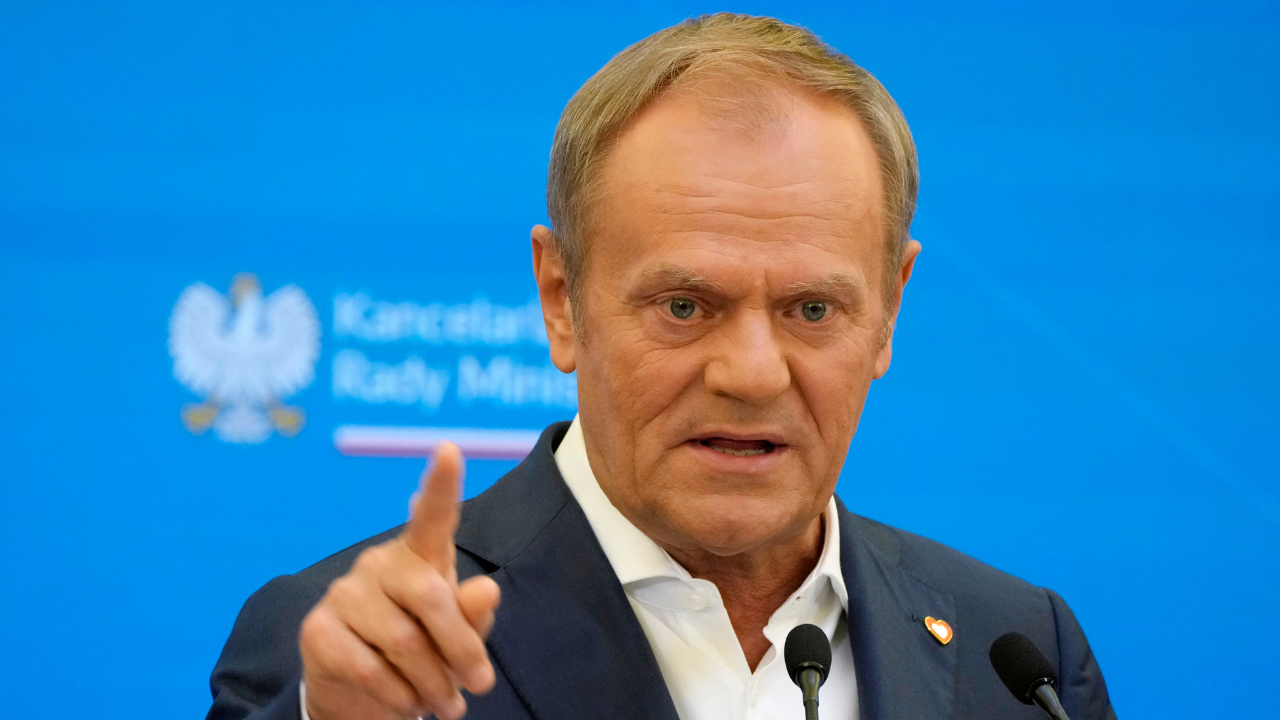Iran’s leaders moved to project stability
A deadly helicopter crash that killed the Iranian president and foreign minister on Sunday resulted from “technical failure,” Iranian state news media reported. Here’s the latest news, and what we know about the crash.
The deaths of President Ebrahim Raisi and Foreign Minister Hossein Amir Abdollahian have left Iran without two influential leaders at a particularly tumultuous political moment. But experts said they expected little change in its foreign or domestic policies. Iran’s long-simmering shadow war with Israel burst out into the open after the Oct. 7 attack by Hamas, and the countries have traded direct attacks in recent months.
The supreme leader, Ayatollah Ali Khamenei, said there would be “no disruption” to the government’s work. Iran’s first vice president, Mohammad Mokhber, would assume the role of acting president and must organize elections for a new president within 50 days, Ayatollah Khamenei added. But Raisi’s death complicates a difficult search for the next ruler.
U.S. response: In the eyes of the Biden administration, Raisi was a brutal tyrant, a sworn enemy and a threat to world peace. But within hours of confirmation of his death, the U.S. State Department announced its “official condolences,” in a delicate diplomatic ritual.
Analysis: Iran’s next leaders — who are almost certain to also be hard-liners — will have to choose whether they will continue to operate with caution in their confrontations with the U.S.
Arrest warrants sought for Israeli and Hamas leaders
Karim Khan, the chief prosecutor of the International Criminal Court, has requested arrest warrants for the leaders of Israel and Hamas, including Benjamin Netanyahu, the Israeli prime minister, on charges of “war crimes and crimes against humanity.”
The request, in connection with the war in Gaza and the Oct. 7 attack on Israel, was a strong rebuke that equates Netanyahu with Yahya Sinwar, Hamas’s leader within Gaza. “Today we once again underline that international law and the laws of armed conflict apply to all,” Khan said in his statement. “No foot soldier, no commander, no civilian leader — no one — can act with impunity.”
The warrants are largely symbolic. The court’s jurisdiction is not recognized in Israel or Gaza, and it could be months before judges decide whether to issue the warrants. But if they are issued, the leaders could be arrested if they travel to one of the court’s 124 member nations, which include most European countries but not the U.S.
Reaction: Speaking at a celebration of Jewish Heritage Month at the White House, President Biden condemned the decision of the I.C.C. prosecutor to seek arrest warrants for Israeli leaders. He also rejected the claim being weighed by the separate International Court of Justice that Israel is conducting a genocide in Gaza.
An F.B.I. investigation into Russian informants
The F.B.I. cut ties to at least a handful of informants and issued warnings about dozens of others after an internal review following the 2020 election was prompted by concerns that they were linked to Russian disinformation, current and former U.S. officials said.
The review led to the severing of sources at a moment when the bureau was asking agents to produce more information from and about those same networks. The episode highlighted how, even in an age of high-tech intelligence gathering and surveillance, human sources continue to play an important role in law enforcement and national security.
MORE TOP NEWS
Attention deficit hyperactivity disorder is one of the most common psychiatric disorders in adults. Yet there are no U.S. guidelines for diagnosing and treating patients beyond childhood. Without clear rules, some providers, while well-intentioned, are just “making it up as they go along,” experts said.
Lives lived: Ivan Boesky, the rogue trader who inspired the character of Gordon Gekko in the movie “Wall Street,” died at 87.
CONVERSATION STARTERS
SPORTS NEWS
A season in a day: The 2023-24 Premier League, as told from the places that shaped it.
The Briefing: The Athletic discusses three of the biggest questions from the weekend’s soccer.
Scott Foster: One of basketball’s most polarizing figures tells his side of the story.
ARTS AND IDEAS
How big is Taylor Swift?
Taylor Swift is everywhere. She earned her eighth Billboard No. 1 album this decade for the “The Tortured Poets Department,” and in February, she became the first artist to win a fourth Grammy for album of the year.
But how does her success stack up against that of her peers, like Beyoncé and Drake — as well as the greatest artists in pop history? The Times crunched the numbers.






